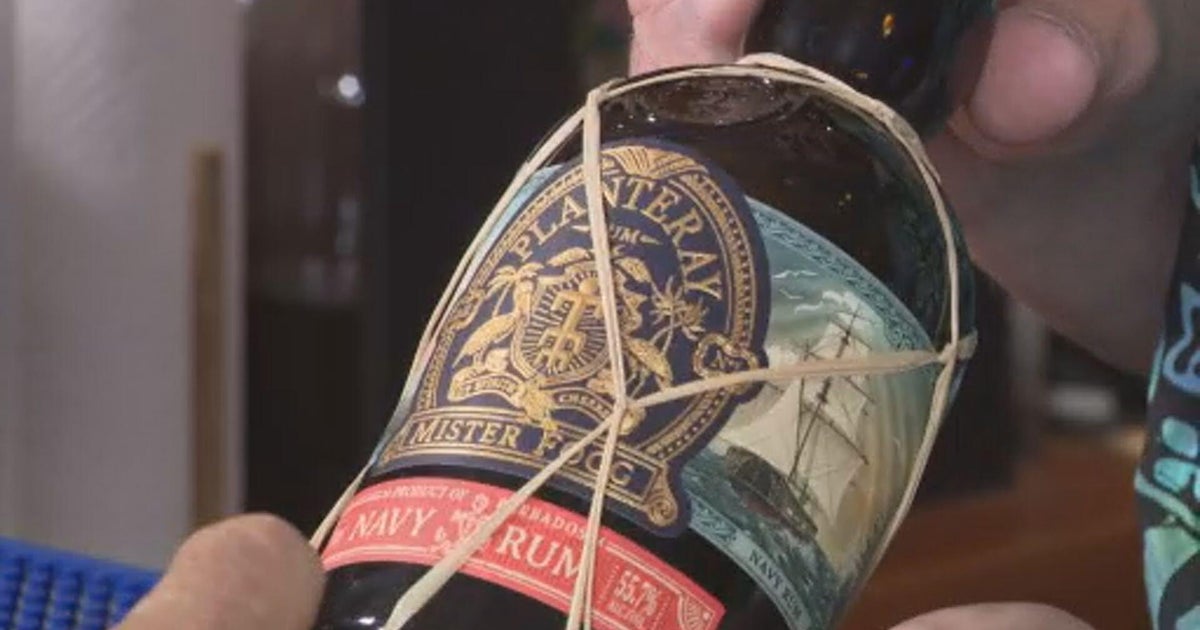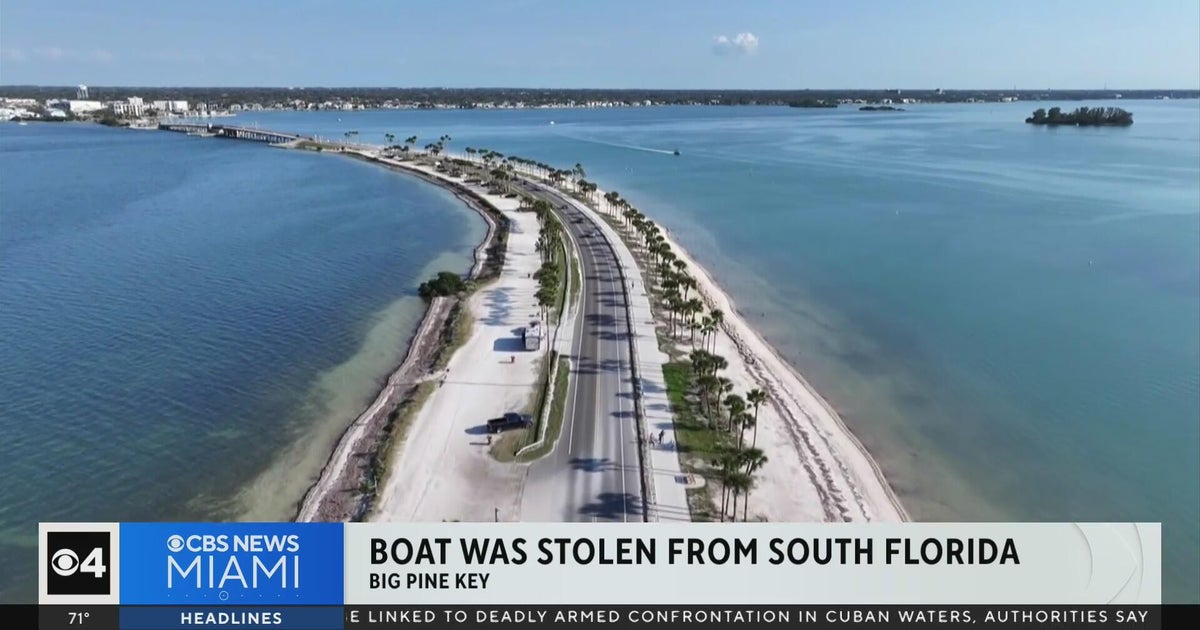Robert Burr knows rum. He imports rum. He promotes rum with an annual rum festival.
Burr judges rum and worries about tariffs. Yes, he worries about tariffs — President Trump’s tariffs. The president, on his part, is not worried at all.
“I think the tariff plan is doing very well,” he recently told reporters before boarding Air Force One. “We’re restarting the table. We are going to make our country very rich.”
Those tariffs that Mr. Trump has imposed on China, Canada and Japan also include the rum-producing and exporting island nations of the Caribbean.
“Miami being the number one rum market in the world, we are dealing with every county in the Caribbean, South America and beyond,” Burr told CBS News Miami.
The Caribbean rum distillers are struggling with what lies ahead for their industry, which already has thin profit margins.
The Caribbean rum market is estimated to be worth between $600 million and $1 billion. For example, rum exports add around $145.3 million to the Jamaican economy.
“It is hard enough to get their products in the U.S. market, to get consumer sentiment toward rum to promote the spirit and then have this come along,” says Alexander Britell, the founder and editor of the online Caribbean Journal. “So, the 10% tariff bite will hurt, especially the smaller distilleries and their distributors.”
So, unless the president changes his mind, which he is prone to doing, Caribbean rum distillers could face reduced profit margins, forcing price increases, job losses, slower economic growth and reduced shipments, resulting in potential shortages of some rums on American retail liquor store shelves.
U.S. rum distributors who import and bottle Caribbean bulk rum shipped into the U.S. worry about another tariff impact: A healthy number of the distributors bottle their product in glass bottles produced in China, which are subject to the hefty Chinese export tariffs.
What does this mean in the short term for U.S. consumers at their local liquor store or favorite tiki bar?
“I think you are going to see a nominal increase,” Britell said. “I am not sure it is going to be anything significant, it might be priced in and not going to notice at least in the short term.”
There is an interesting twist to this story: not all rum that South Florida residents are familiar with will face tariffs.
Burr told CBS News Miami that rum produced in Puerto Rico and the U.S. Virgin Island are exempt, as those islands are U.S. territories and there are no tariffs for products from the U.S.A.



